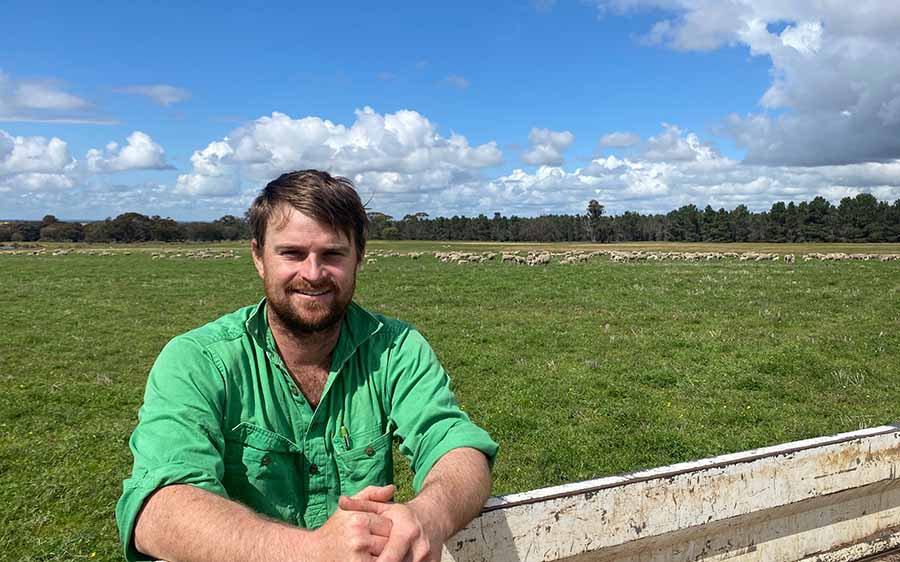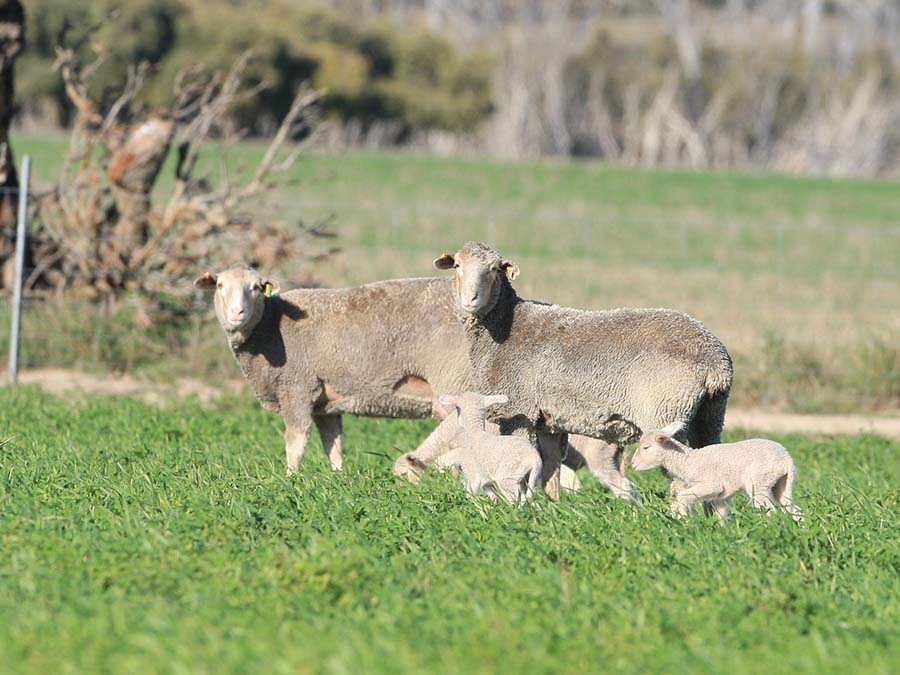Curiosity and innovation run in their blood, and their operation at Katanning, 320 km south-east of Perth, is certainly never the same one season to the next.
Third-generation farmer Hamish Thompson is cut from the same cloth as his father, David. Curiosity and innovation run in their blood, and their operation at Coyrecup, 320 km south-east of Perth, is certainly never the same one season to the next. Their flock is a mix of stud and commercial sheep with about 1,700 stud ewes and 2,000 commercial breeders, all run on 3,000 hectares in a mixed farming operation that also includes cropping.
Their stud first began to make waves in the mid-1990s, when David struggled to find shearers because their sheep were 'too big and too wrinkly'.
 Hamish Thompson
Hamish Thompson
Rather than bemoan the fact, the Thompsons made a drastic shift in breeding to shed the wrinkles, and they took no prisoners in the process. They sold half their flock that did not fit their new goals and pivoted to more cropping as they set about breeding their plain-bodied, easier care sheep.
When the next challenge arose - an industry commitment to move away from the controversial practice of mulesing - they were equally as aggressive in their decision-making. The Thompsons already had sheep that were less prone to flystrike thanks to the move away from heavy-skinned animals, and while not easy, the elimination of mulesing came as a natural progression.
In Hamish's words, 'We wanted to uncomplicate Merinos.' Ahead of their time, they were one of the first studs in Australia to offer non-mulesed Merino genetics.



